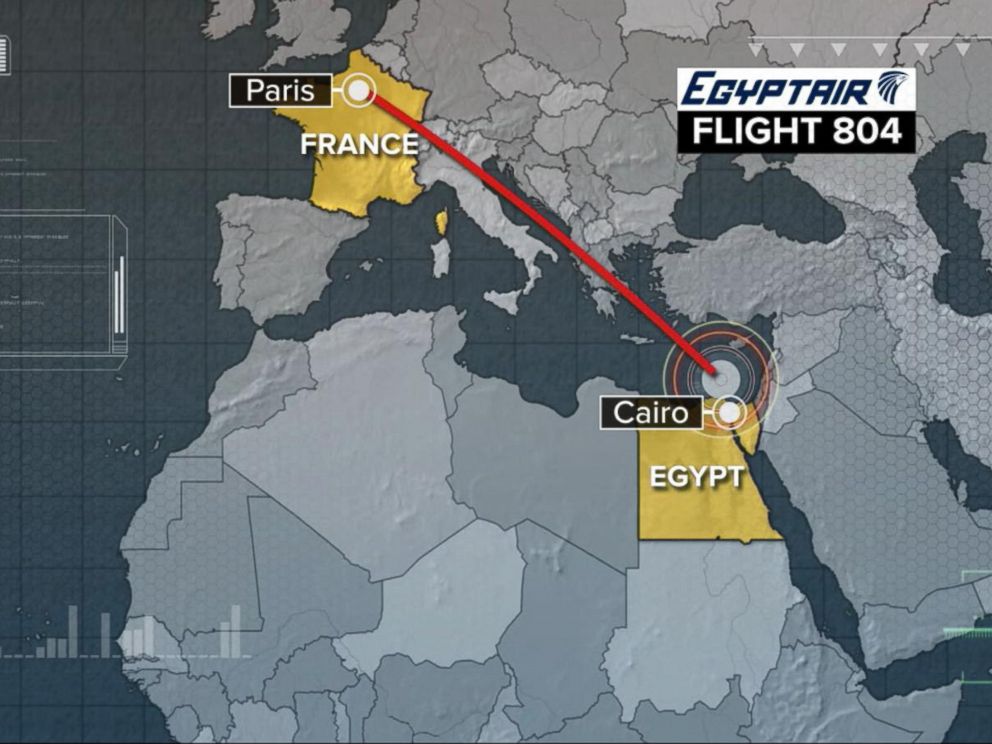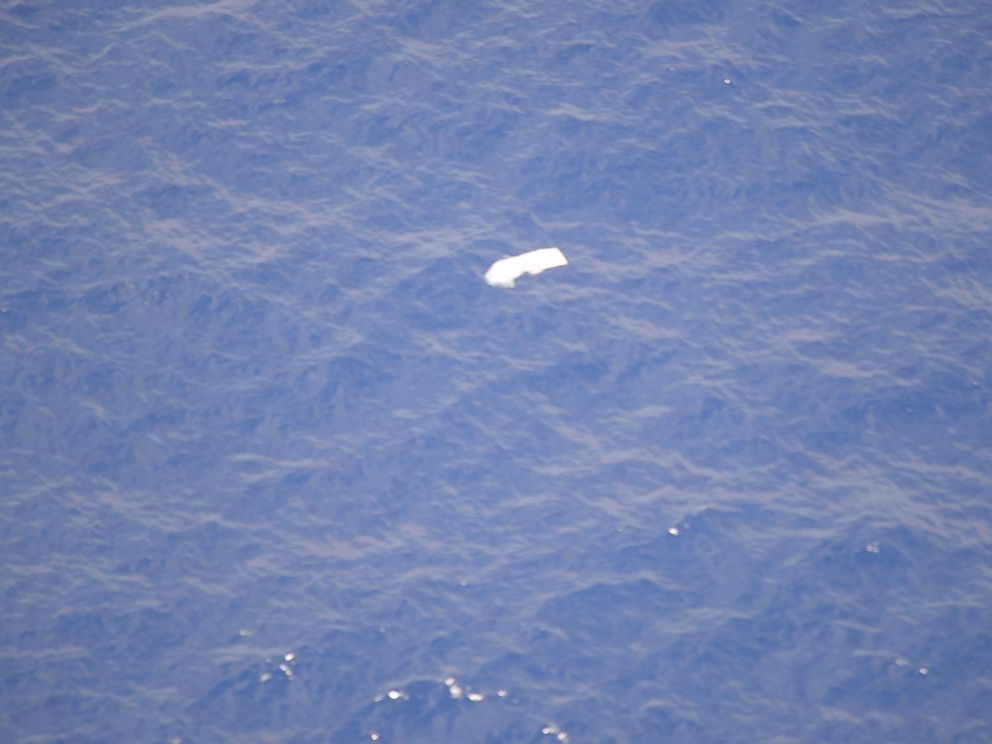
This article is more than
9 year oldThe crucial black boxes f-rom EgyptAir Flight 804 have yet to be recovered after the plane disappeared over the Mediterranean Sea last week with 66 people aboard. The United States, France, Egypt and other countries are contributing to search teams combing the area.
Here's what to know about the hunt for the black boxes, which could shed light on what caused the plane to lose contact near the Egyptian coast en route to Cairo f-rom Paris Thursday.
 ABCNews
ABCNews
Search teams are working a nearly 5,300-square-mile area in the Mediterranean — an area nearly the size of the state of Connecticut.
Pinpointing the location of the black boxes could be extremely difficult, since the pingers on the boxes emit an ultrasonic signal that is detectable within a radius of only about 2 miles.
Additionally, the debris f-rom the crash has been floating for days, so it may have been carried far f-rom the rest of the plane.
 Egyptian Defense Ministry/AP Photo
Egyptian Defense Ministry/AP Photo
Sherif Fathi, Egypt's civil aviation minister, told reporters Sunday that while the black boxes have yet to be recovered, search teams are continuing to recover human remains and other parts of the plane. He told ABC News that the No. 1 priority is finding the bodies of the deceased.
Egyptian President Abdel-Fattah el-Sissi told reporters an Egyptian oil ministry submarine capable of diving to nearly 10,000 feet below the surface was en route to the crash site Sunday. The depth of the Mediterranean at the suspected crash site is roughly 10,000 feet.

U.S. Navy aircraft participating in the search found two fields of debris this weekend.
The first was found by a P-3 flight Saturday, and the second — reported to have a radius of 3 nautical miles — was found Sunday, the U.S. Navy said.
It was not clear how far apart the two fields are f-rom each other.
Another U.S. Navy P-3 flight searched the area Monday, but it was not immediately clear if anything new was spotted.
A French ship has also arrived at the search area and intends to focus on detecting signals and collecting debris f-rom the plane, a spokesman for the French navy told ABC News.
The ship can detect signals deeper than approximately 5,000 feet, depending on the strength and direction of the signal, the French navy said.